Getting a vacuum cleaner isn’t only about picking the flashiest or most effective one. It means choosing a system that offers enough power and good efficiency for your home. One thing that you must never ignore while choosing a system for your home or office is the vacuum cleaner's wattage. You may be wondering, Does a higher number mean the vacuum will clean more effectively? Or, What is the right wattage for a vacuum cleaner?
Let’s answer these questions for you and have a look at what watts actually mean, the average wattage in vacuums so you can choose the right model. So let’s clear things up a bit and see what is really important about vacuum cleaner wattage.
Understanding the Wattage Of a Vacuum Cleaner
The wattage of your vacuum cleaner doesn’t reflect its suction power; it reflects the power the motor uses. The power consumption of the vacuum when it runs is measured in watts (W).
Some people believe that having more wattage means the suction will be stronger. The two are related, but they are not always the same. Overall performance is dependent on the design of the motor, airflow systems, filters and other internal components.
Well, does wattage matter in vacuum cleaners? Yes, but it’s not the only important factor.
How Many Watts Does a Vacuum Use?
 You might be surprised to know that vacuums come in quite a wide wattage range. So how many watts does a vacuum use on average? A rough breakdown is as follows:
You might be surprised to know that vacuums come in quite a wide wattage range. So how many watts does a vacuum use on average? A rough breakdown is as follows:
● Handheld vacuums: 200–600W
● Stick vacuums: 350–800W
● Cylinder and upright vacuums: 1200–2000W
● Industrial vacuums: Up to 3000W
The higher the wattage, the more energy is consumed—but it doesn’t always mean better cleaning. A smart vacuum balances wattage and efficiency.
Vacuum Cleaner Watts vs. Suction Power
Let’s say you have two vacuums: one is 1800W and the other is 1200W. Does the 1800W model clean better? Not necessarily.
Vacuum cleaner watts only indicate how much energy the motor uses. Air watts, a separate rating that measures airflow and pressure, is actually what determines suction.
So, don’t shop for a vacuum cleaner based solely on watts, rather look for performance reviews, filter systems and the airflow design.
What Is the Ideal Wattage of Vacuum Cleaner?
The golden question now: how many watts should a vacuum cleaner must have to be used for typical home use?
● Small apartments / light messes: 500–1000W is usually enough.
● Family homes / mixed surfaces: 1200–1800W is the sweet spot.
● Heavy-duty or commercial use: 2000W and up may be necessary.
The wattage of a vacuum cleaner should match your lifestyle. Having pet hair, carpets in your home and a bigger space might increase your energy needs. If most of your cleaning is on tile, wood or laminate in a small area, a basic model can work fine.
Wattage and Efficiency: Why It Matters

Your electricity bill can be the reason why you should care about the vacuum cleaner’s wattage. Using high-wattage machines uses more electricity each time which ends up costing more in the long run.
Choosing a model that is energy efficient can help you save a lot of money on the electricity bill if you vacuum daily or have many people living in your home.
Common Mistakes People Make When Choosing Vacuum Cleaner Wattage
Let’s admit it—big numbers on products can be really impressive. However, having a very high vacuum cleaner wattage is not always an advantage. There are three typical issues people run into when choosing a vacuum cleaner and here’s how to avoid them:
1. Believing Higher Wattage Equals Better Cleaning
This is the classic trap. People see a vacuum with 2000 watts and assume it’ll suck up every crumb from here to Mars. In reality, the suction power is influenced more by design, air flow efficiency, and filter type than just raw wattage. Don’t get blinded by big digits—check the suction ratings or air watts if available.
2. Ignoring Surface Type
Someone living in a studio with hardwood floors probably doesn’t need an industrial vacuum. Meanwhile, a pet owner with wall-to-wall carpet might struggle with a 600W stick model. Always ask yourself: how many watts should a vacuum cleaner have for my space and flooring type? Tailor the wattage to your lifestyle—not someone else’s review.
3. Overlooking Energy Costs
Keep in mind, how many watts your vacuum cleaner uses will affect your utility bills. Using a 2000W vacuum will usually cost more than a 1200W vacuum, especially if you vacuum regularly. If you pay attention to your budget or want to be sustainable, this makes a big difference.
Avoiding these problems will make your house more economical, use less energy and give you fewer headaches.
FAQs
Is 600 watts good for a vacuum cleaner?
Yes, for light cleaning such as hardwood floors or small apartments. If you are dealing with carpets or pet hair, you will probably need a model with power above 1000W.
Does higher wattage in a vacuum mean better suction?
Not always. Suction also depends on design, air pathways, and filter systems. Wattage tells you power usage—not suction quality.
How many watts is a Dyson vacuum?
Dyson vacuums typically range between 500W (cordless) and 1400W (corded models). They rely heavily on efficient motor and cyclone design rather than raw wattage.
How does wattage impact electricity cost when using a vacuum?
More wattage means more energy is being used every hour. For instance, a 2000W vacuum that works for 1 hour will use 2 kWh which could be charged at a rate of about $0.30–$0.50.
Do robot vacuums use less power than traditional vacuums?
Yes. Robot vacuums typically consume less than 100W (most models operate between 30W to 90W), so they are very energy-saving. But they may take more time to clean the same area.
Final Thoughts
So, what’s the main point? Vacuum cleaner wattage is helpful, though it isn’t the only thing to consider. Look for a vacuum that has strong suction, good filtration and a suitable wattage level for what you want to use it for.



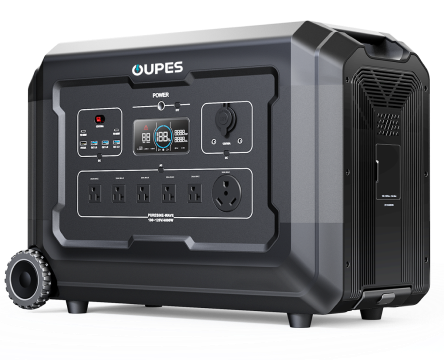

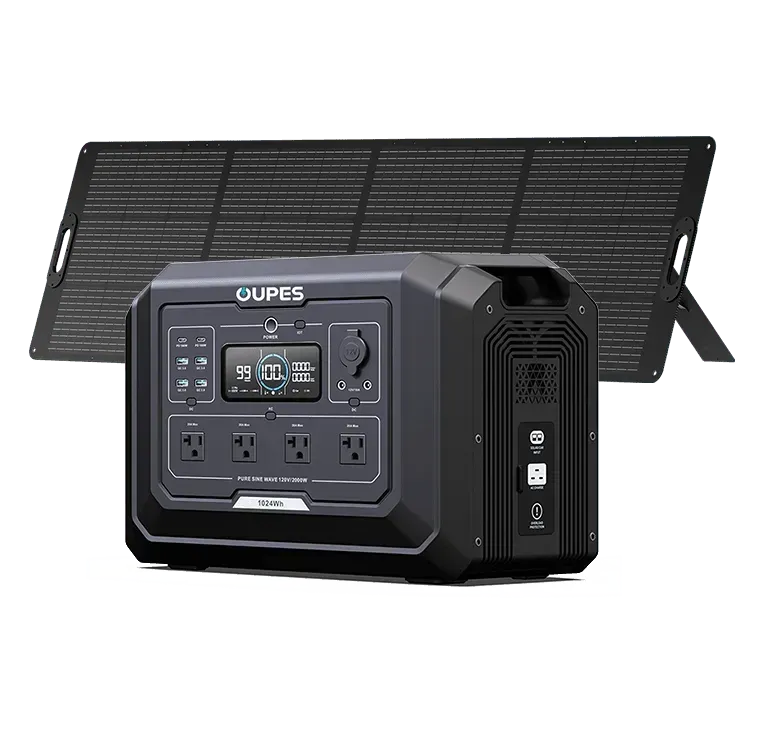
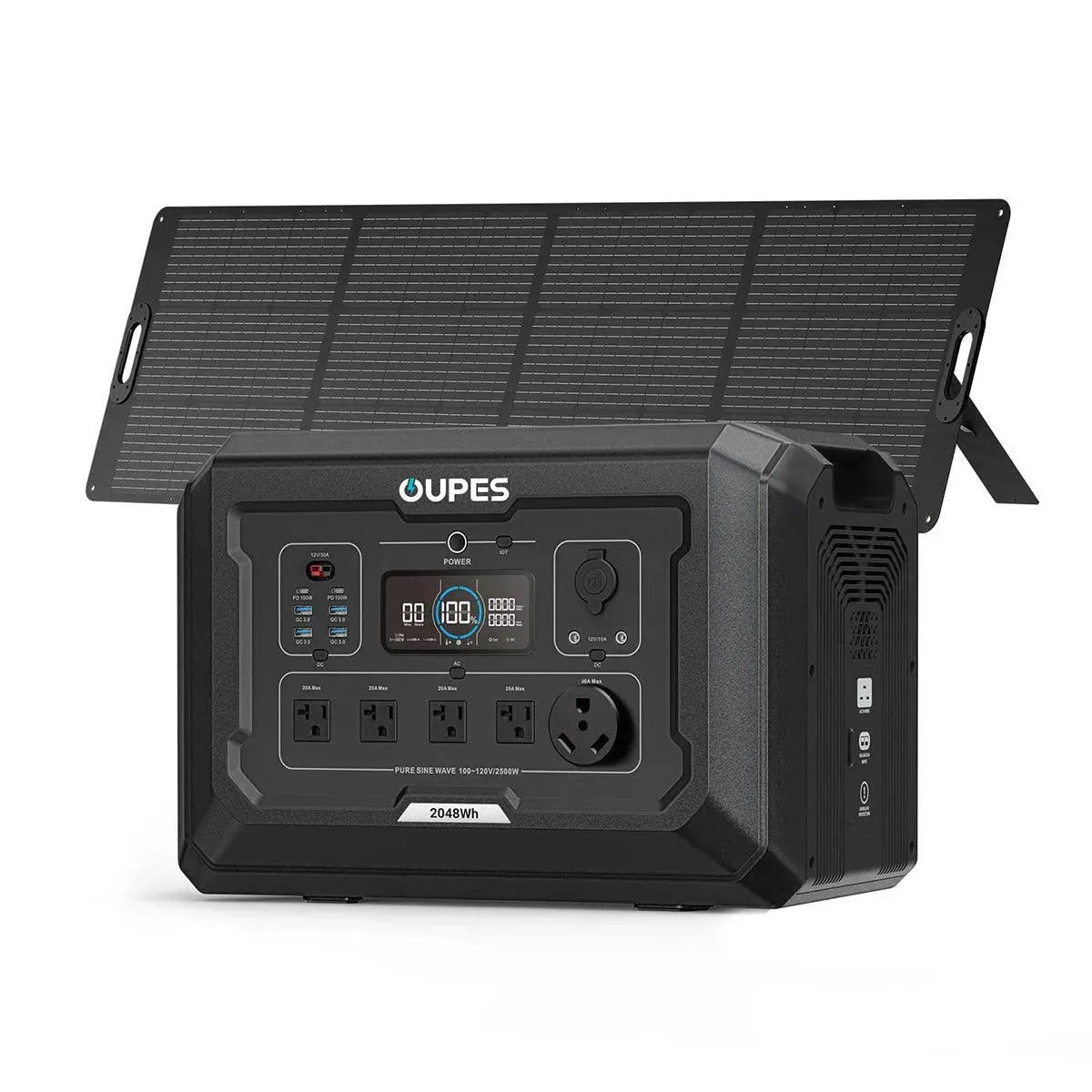






















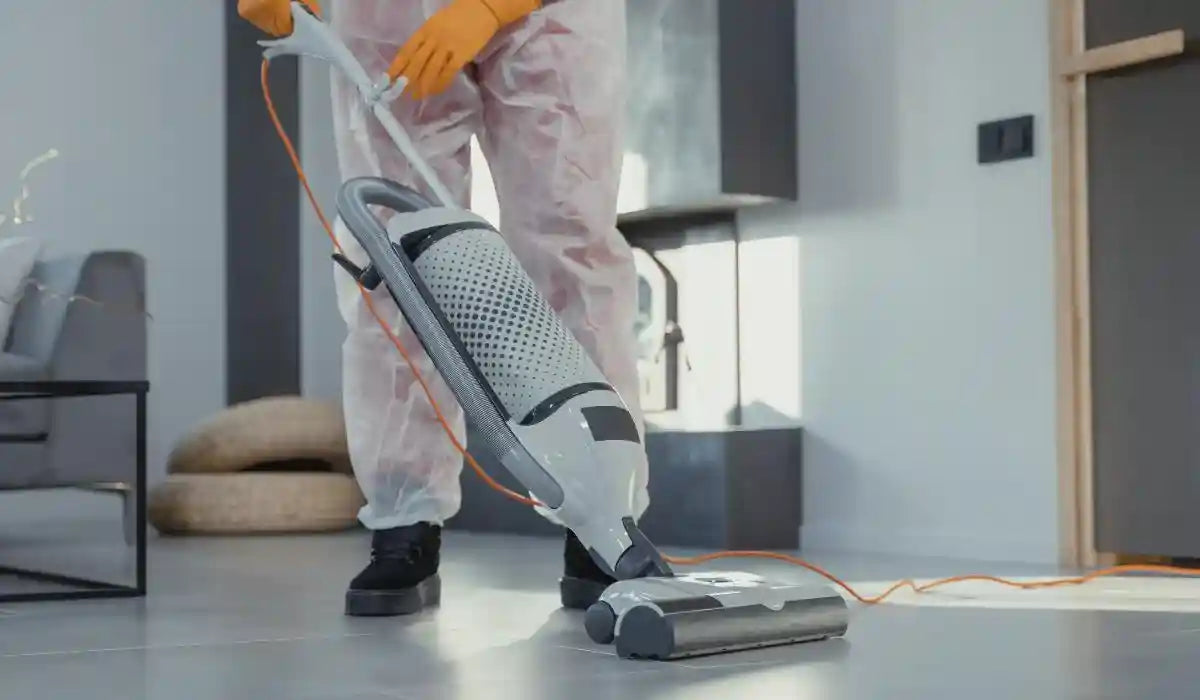


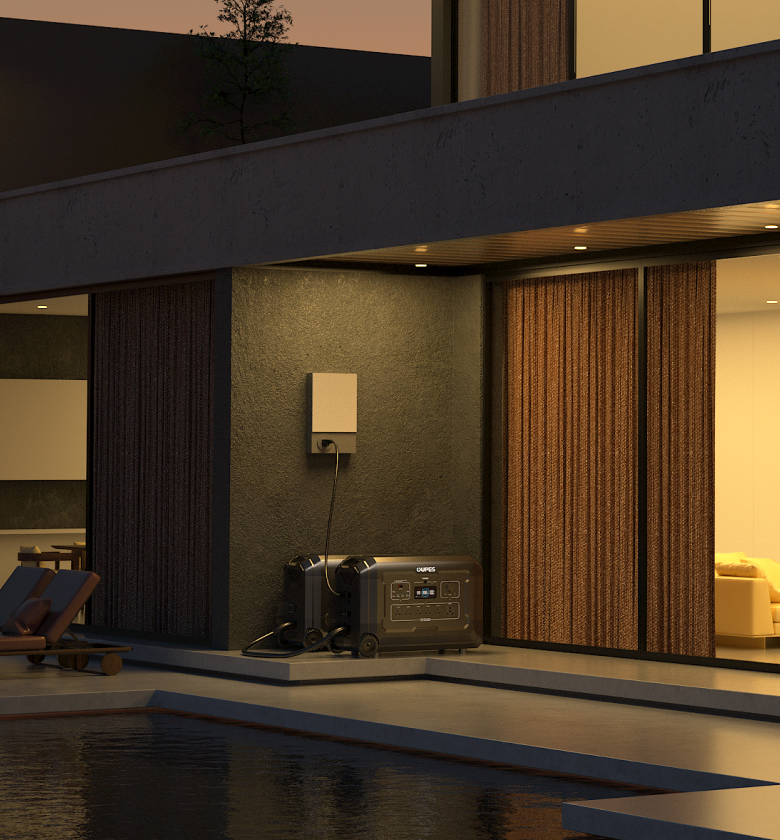
Leave a comment
This site is protected by hCaptcha and the hCaptcha Privacy Policy and Terms of Service apply.